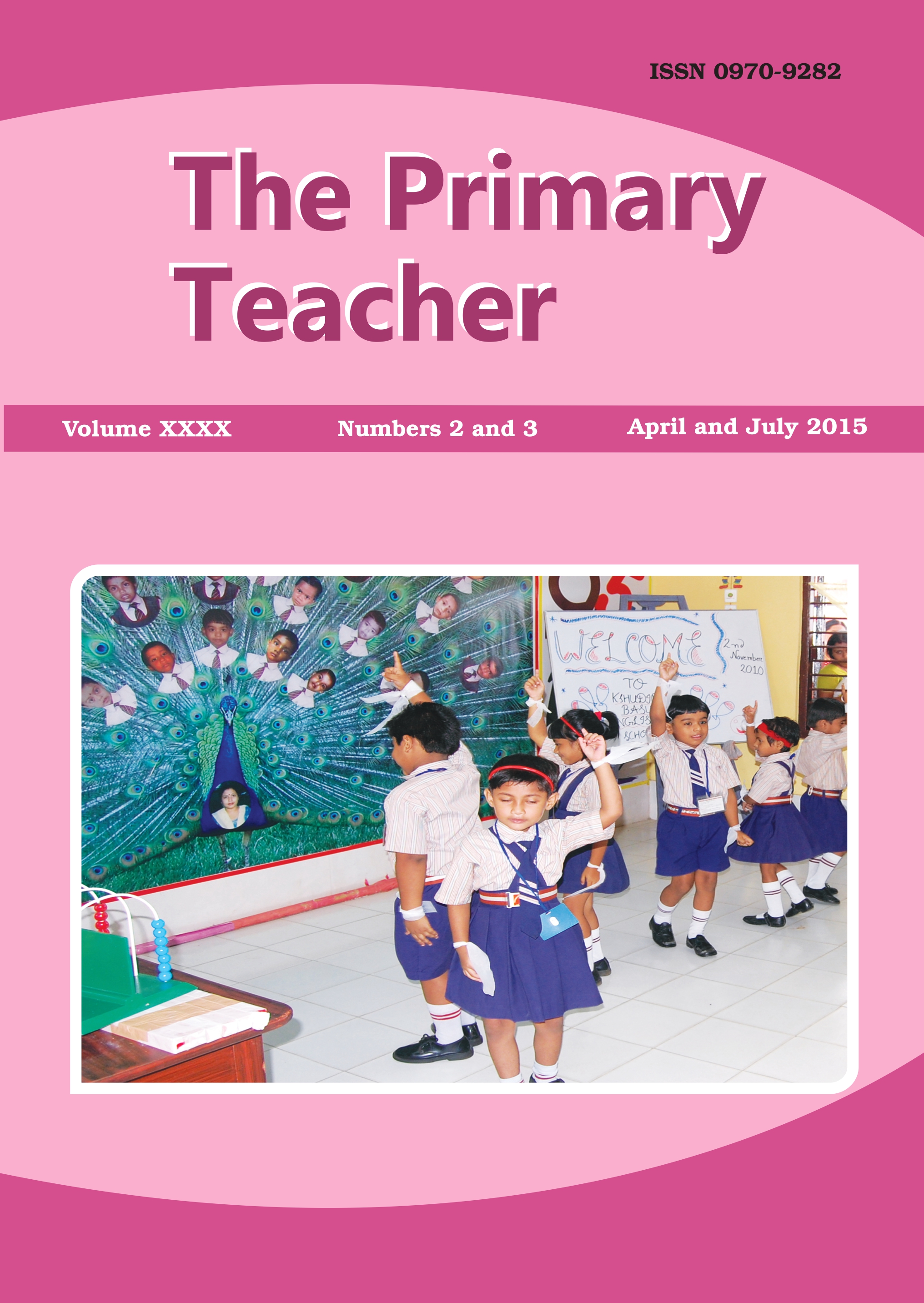
Published 2024-12-03
Keywords
- Eliminating Poverty,
- Early Childhood Education,
- anganwadi Centre
How to Cite
Abstract
The first five to six years of a child’s life is very crucial as during this period as about 80 per cent of the brain development takes place. Early childhood education influences intellectual development besides fostering social and emotional development. There is also research evidence that high quality early childhood education has long term positive effect on children’s learning and subsequent school success. Early childhood education produces meaningful gains in cognitive, social and emotional development during the preschool years. There is research evidence that the dropout rate among those who receive early childhood education is much lower than those who do not receive. It further facilitates achieving of the goal – elementary education for all. The arly childhood ducation is presently in the hands of Anganwadi Centres (AWCs) which run under Integrated Child Development Services (ICDS). The coverage of children for ECCE is very low – 40 per cent. This is because country has presently approximately 60 million children in the age-group 3-6. Of these, approximately 26 million children only are being covered under ICDS. Most of the time, AWCs are undertaking activities geared to nutrition and other small components. As such very limited time is devoted to the education of children. Further the Anganwadi workers have very limited knowledge about child development. Early childhood ducation is predominantly in the hands of private schools which are run by entrepreneurs primarily with profit motive. The access to early childhood education is limited to children belonging to better-off families. The Government has yet to accept the responsibility for quality early childhood education for all. The government should make early child education free and compulsory for all by amending the RTE 2009 suitably
